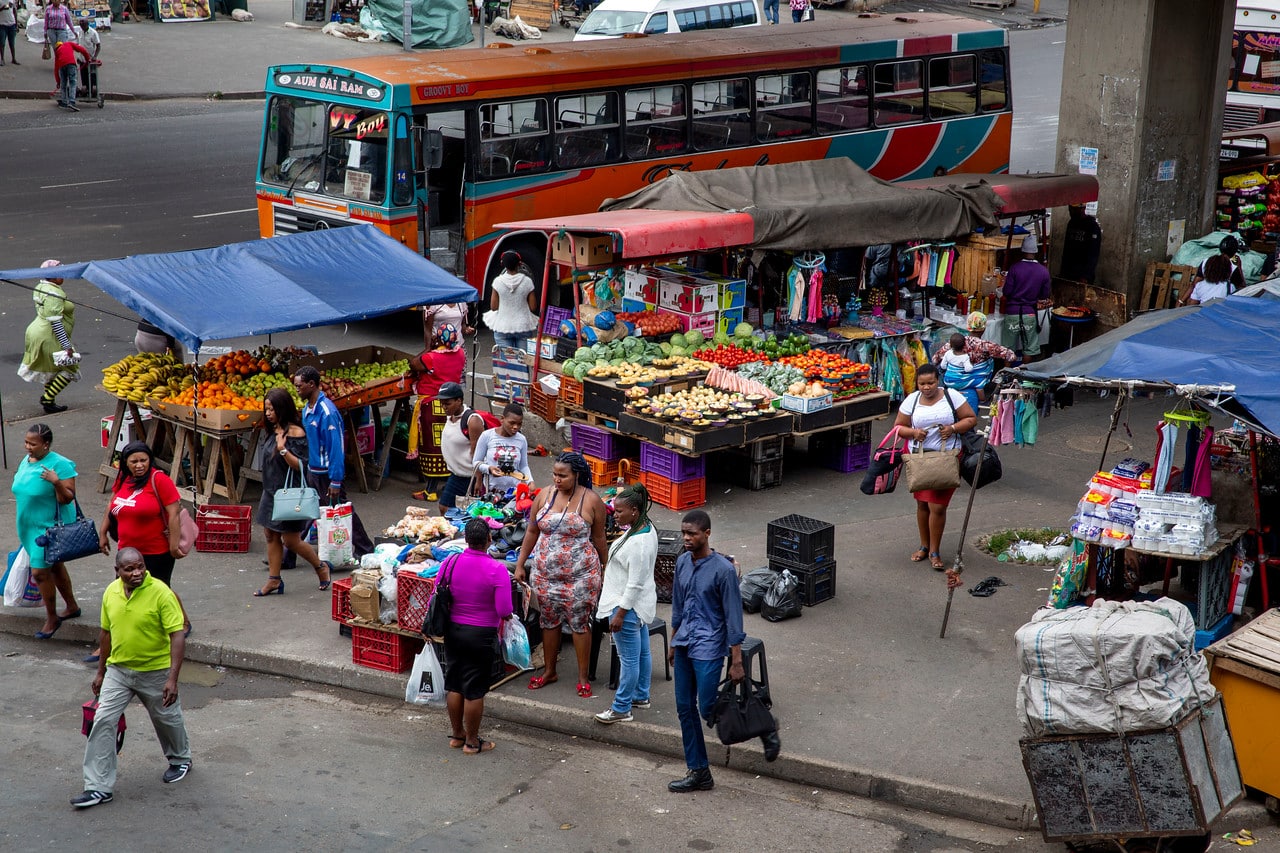Dear WIEGO Colleagues and Friends,
“Hope is being able to see that there is light despite all of the darkness,” said the late South African anti-apartheid activist Archbishop Desmond Tutu.
Stepping into 2025, there is an awareness that the world around us remains complex and uncertain. Armed conflicts in the Middle East and Eastern Europe have directly affected our team members and constituency, bringing immense hardship and suffering. We are in the midst of what has been termed “the poly crisis” – climate change, war, economic instability and the rise of authoritarian politics globally. We know that workers in informal employment, particularly poorer workers and particularly women, are vulnerable to the compounded effects of these crises. Following on from our COVID-19 study, which revealed rising hunger and a lack of recovery and relief among workers, our research last year in Thailand and Ghana on inflation and the cost-of-living crisis show a similar pattern of impact.
And yet, the movement of workers in informal employment continues to strive towards hope – in inspiring ways.
Over the past year, we have seen the International Alliance of Waste Pickers hold its first elective congress, HomeNet International double down on its advocacy for the ratification of ILO C177, StreetNet International grow its membership and launch its youth leadership programme, and the United Nations recognize the International Domestic Workers Federation (IDWF) as “Care Champions”.
In this moment of change, calls for new approaches to economics and politics are gaining urgency and traction. It is our job at WIEGO to work out what that “new political economy” might look like for the informal economy.
Towards that end, we launched two collaborative edited volumes: COVID-19 and the Informal Economy: Impact, Recovery and the Future (with UNU-WIDER) calls for inclusive reforms to both economic and social policy, and Mapping Legalities: Law, Urbanisation and Informal Work (with the International Research Group on Law & Urban Space) highlights ways to reshape legal governance to achieve spatial justice for workers operating in urban public space.
Supporting an alternative political and economic paradigm also extended to more engagement on the Social and Solidarity Economy, with WIEGO, SEWA Cooperative Federation, HomeNet Thailand, UTEP, Planeta Verde and other workers’ organizations participating in the Global Conference of the International Co-operative Alliance. IDWF, in collaboration with other workers’ organizations and allies, achieved a notable impact at the International Labour Conference, with the outcome document on Decent Work in the Care Economy recognizing the centrality of care work, the labour rights of care workers, including domestic workers, and noting the importance of the Social and Solidarity Economy in the provision of quality care.
New economic thinking and the informal economy is a theme we will be exploring further as we move into the third year of our strategy. This strand of work will engage with the key issues of our age. This includes climate change and the just transition, where we are running a new multi-year research project in cities to build on previous work in the waste sector; and digitalization, where we continue to produce statistics to capture digital work, examine the role of platform work in WIEGO’s traditional sectors, and explore the implications of the digitalization of public infrastructure on workers in informal employment. Moving into a period where civic space may be increasingly limited, we also look forward to learning from and strategizing with the results of studies conducted during 2024 on collective bargaining and social dialogue.
This new year arrives during a time of ongoing challenges that affect us all in profound ways. Yet, even in the face of difficulty, we must seek the light. In stepping into this leadership role, I’m committed to sharpening and deepening our work to develop statistics, research and policy analysis in service to the movement of workers in informal employment. It’s in this spirit of strength and solidarity that we look forward to the year ahead.
In solidarity,
Laura Alfers
International Coordinator
